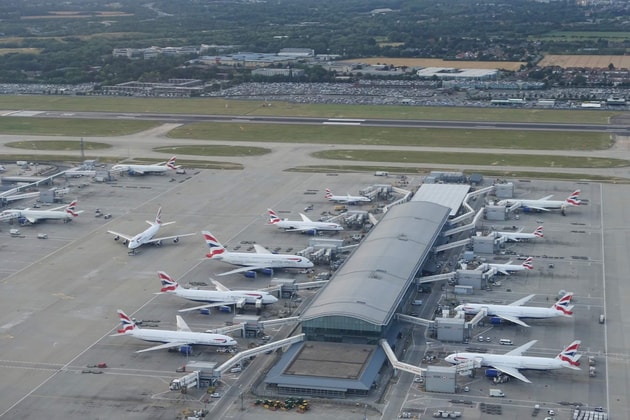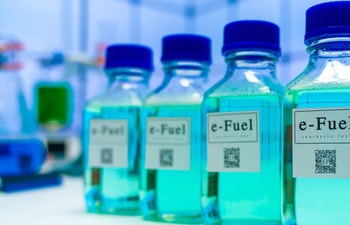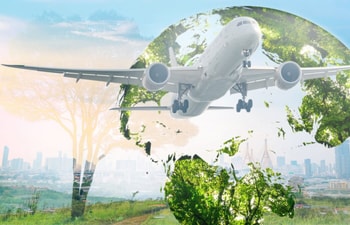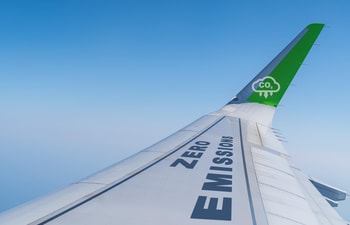Heathrow Airport has pledged £86m to airlines under its sustainable aviation fuel (SAF) scheme in 2025.
The UK’s leading aviation hub is targeting 3% of aviation fuel from SAF, amounting to 187,000 tonnes, which is 1% above the UK mandate which came into effect on 1st January.
Read more: Is UK SAF target achievable?
SAF, a fuel alternative to traditional fossil-based kerosene, can cut lifecycle carbon emissions by 70% on average by using feedstocks such as used cooking oil and other waste materials.
The scheme encourages airlines to switch to SAF by approximately halving the price gap between kerosene and its cleaner alternative, making SAF more commercially viable for airlines. In 2025, the scheme aims to reduce lifecycle carbon emissions from flights by over 500,000 tonnes.
Integrating SAF into the fuel supply is a crucial step in the airport’s journey toward achieving Net Zero by 2050.
By law, SAF must now make up at least 2% of all jet fuel in flights taking off from the UK this year, growing year-on-year to 10% by 2030 and 22% by 2040.
These targets should see around 1.2 million tonnes supplied to the UK airline industry each year by 2030, and deliver 6.3 megatonnes of carbon savings per year a decade later.
Heathrow has also published its ‘Nature Positive Plan’ which outlines its commitment to better understand, and where possible, reduce impacts on nature.
Commitments include using nature-based solutions to solve Heathrow’s challenges wherever feasible; expanding nature networks around the airport to support ecological resilience; improving biodiversity management; supporting nature-based carbon removal; and committing to adopting the Taskforce on Nature-related Financial Disclosures (TNFD) recommendations for annually reporting on impacts and dependencies on nature.
Alongside the Nature Positive Plan, Heathrow is updating its sustainability strategy, ‘Connecting People and Planet’ (Heathrow 2.0).
Matt Gorman, Director of Carbon Strategy, said SAF is no longer a future promise but ‘a proven solution that is powering flights worldwide’, although the chief challenge is scaling SAF to meet the needs of a 24-hours-a-day, globally growing industry.
“Our SAF incentive scheme, part of our Connecting People and Planet sustainability strategy, has made significant progress and we’re now exploring options to set a long-term incentive signal to 2030. We must now accelerate legislation for the SAF Revenue Certainty Mechanism to ensure we can build a domestic industry that will help decarbonise and drive economic growth.”






